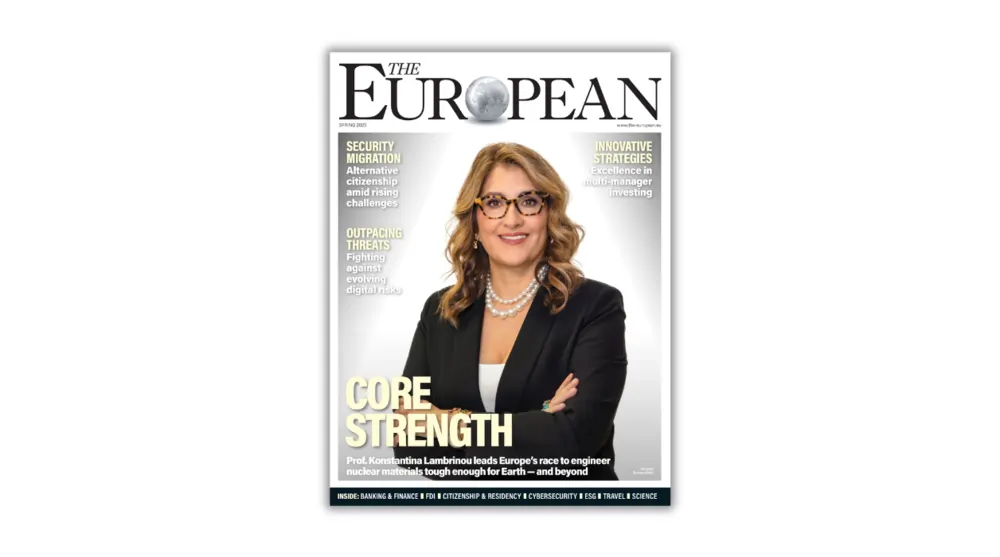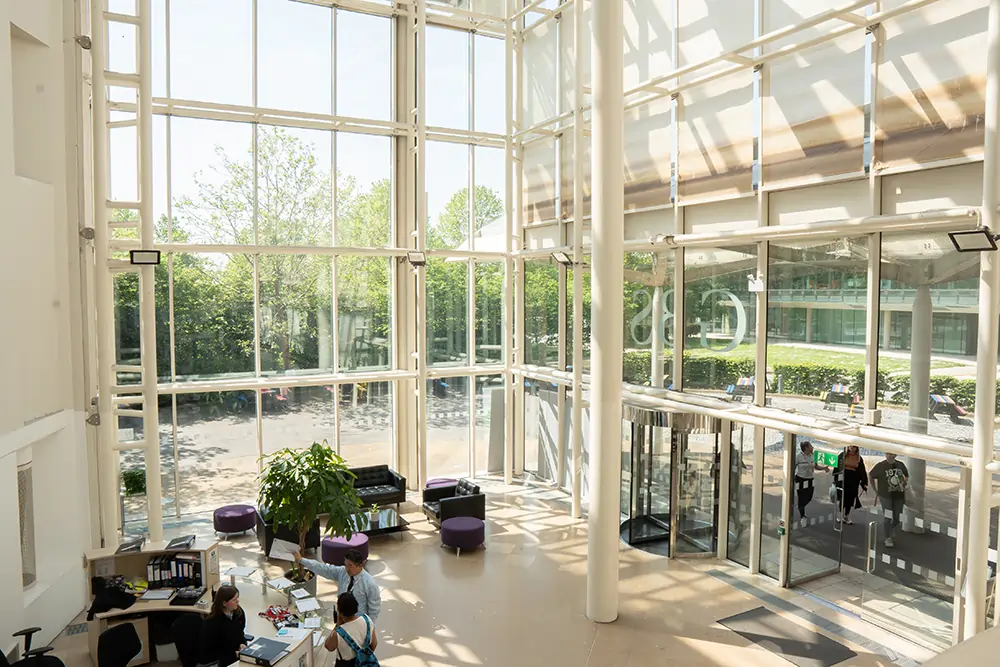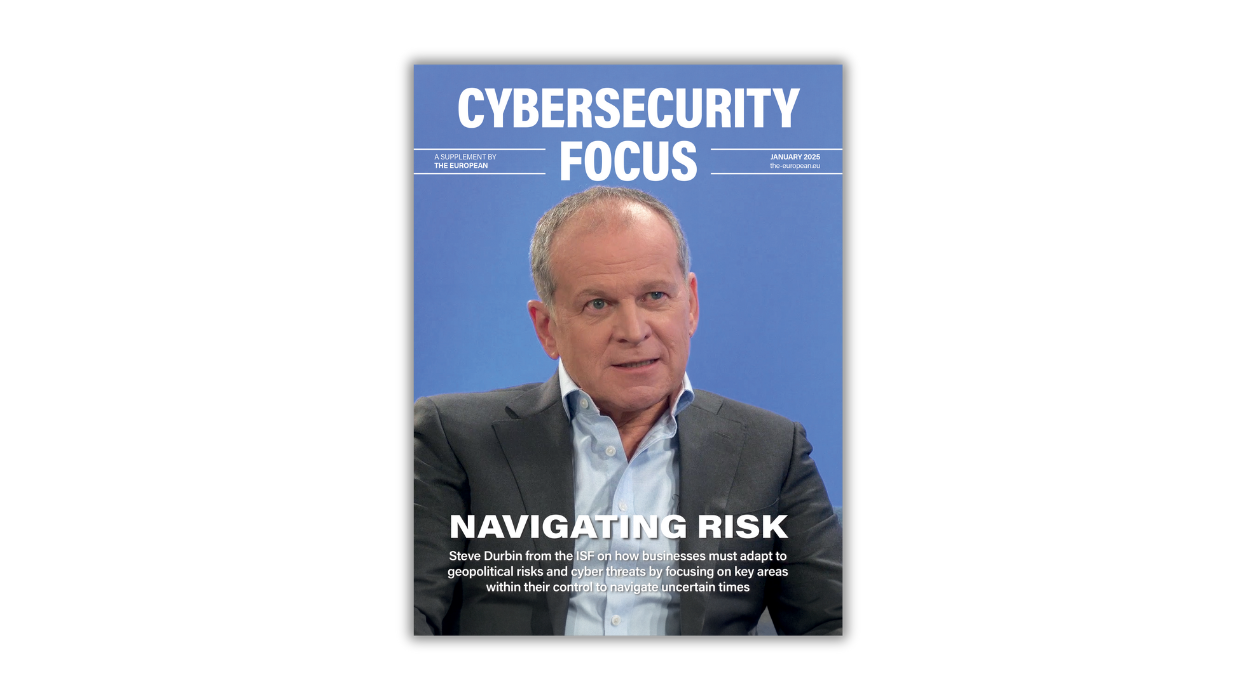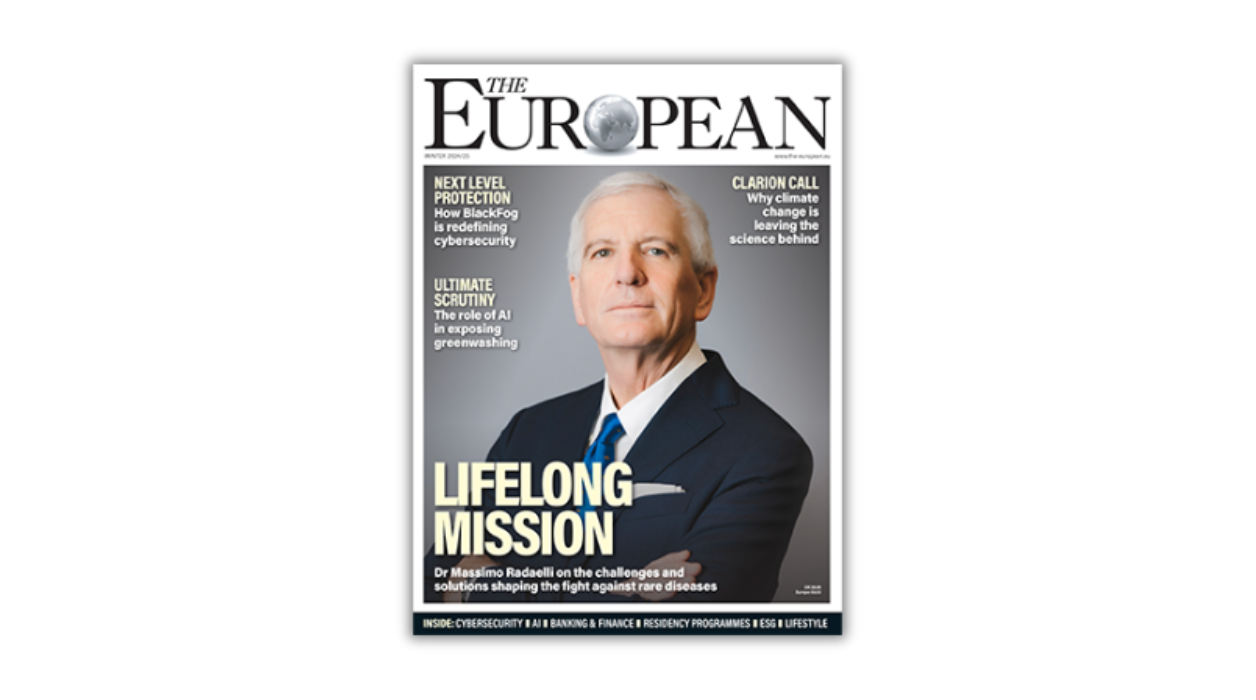Free your team and the rest will follow

John E. Kaye
- Published
- Business, Home, Technology


Kieran Flanagan, Director of Implement Consultancy Ltd, describes why trust and workplace autonomy is a recipe for success in the age of remote working
Since the beginning of the Covid-19 pandemic, more and more people have started working from home. In January of this year, a UK Office for National Statistics survey revealed 36% of workers had worked from home at least one of the previous seven days. However, remote work is still quite a new concept for the mainstream and one that presents a host of new challenges for employers.
Employers and workers are having to embrace new technologies and systems that help them adapt to the work-from-home environment. And beyond the new processes, this remote work environment has inevitably challenged the extent of trust and autonomy employers give to their employees to get the job done.
In this article, I would like to talk about the trust/control dilemma and why many employers are embracing the idea of a permanent structure for working from home.
Why changing perceptions can lead somewhere better
In Greg Orme’s book about the rise of artificial intelligence, The Human Edge, he talks about a social event that changed people’s attitude to evolving technology in 1940s New York.
While the automatic elevator had been around since 1900, operators continued to control and manage elevators for many decades. So, when the operators’ union went on strike in 1945, New Yorkers became reluctant to use the elevators. The Associated Press even published a story which recounted how thousands of people had taken to “struggling up stairways” in some of the tallest buildings in the world. The operator strike, however, eventually turned public opinion and led people to be more accepting and “trust the process” in an automatic elevator.
Looking back through history, it is clear progress with technological shifts is often incredibly slow and then extremely rapid. Greg Orme’s book teaches us something else about working from home, and how changing perceptions eventually leads employers towards a more productive and autonomous work environment.
Welcome to the new normal
Before Covid-19, most office workers had their time, attendance, and activity closely monitored. However, this kind of supervision is rather difficult when it comes to remote working, and this was largely the reason why many employers were unwilling to trust their staff with the option of working from home. Most senior managers had yet to even consider this option, never mind the question of how much autonomy they should allow.
However, the Covid-19 pandemic meant they were left with no option but to delegate power and allow for more autonomy. Despite initial struggles, working from home is already the new normal for many companies. It is true employers embraced new systems and technologies and took to Zoom, Asana and Microsoft Teams to help manage projects and keep everyone in the loop. And as the dust settled, it quickly became apparent to many of these companies (for the first time) that employees could be focused, productive and trusted to produce results when not in the office.
Now, more than two years after Covid upended every day life and our conventional work environment, more and more companies are scrambling to make working from home a more permanent fixture. As with automated elevators back in 1945, this transition is slow, but the inevitability of remote work isn’t diminished by not moving fast.
Why trust and autonomy works
As we continue to face the many challenges of working from home, it’s important to remember that while progress is sometimes slow, this change has already happened, and continued progress is inevitable. Whilst there have been “teething problems”, we witnessed an immediate drop in productivity for example (which was recovered and outputs subsequently increased in our own clients), companies and employees are adapting well to this new work environment, the benefits of remote work can hardly be overstated. The large corporate office in the city centre already feels dated.
There has always been a dilemma in moving along the trust/control axis, and this is now central to progress. More control is always associated with less trust. More control over staff is comforting to the supervisor but often sacrifices trust in a worker. Covid-19 has meant effective managers now measure outputs not inputs (read activity), this can make the manager uncomfortable but can lead to higher productivity for the business. It has always been this way, even before Covid-19 as we have evidenced with countless clients.

Union strikes by elevator operators eventually led to New Yorkers developing trust in new technology
We must relinquish control and increase trust and autonomy. That is to say, trust and autonomy go hand-in-hand with working from home and the pandemic has forced employers to confront certain prejudices in order to be more trusting of employees. But this doesn’t mean anarchy! We now must define better, and measure the outcomes we are all seeking to achieve. This was always the case and management control systems which were poorly designed before Covid-19 have been exposed.
As for relinquishing control, studies show that autonomy is key to increasing employee engagement and overall job satisfaction. And then there’s the teachings in Greg Orme’s book and the strike that saw thousands of New Yorkers scrambling up the stairs. It might seem obvious now, but it doesn’t make sense to lament the idea of an automated elevator – or working from home – when it clearly works just as well!
No going back?
Before Covid-19, employees were simply not entirely trusted to work from home. Yet the pandemic changed the dynamics, forcing companies to allow their staff to shape their work environment. Some might say that this past year has encouraged employers to act and adapt for an inevitable technological shift, while seeking to build upon this effort in order to create a more productive and sustainable working environment. It has also been shown successful leaders don’t horde power, they entrust it to others, and the future success of working from home requires exactly that – trust.
Further information
RECENT ARTICLES
-
 Managing cross-border risks in B2B e-commerce
Managing cross-border risks in B2B e-commerce -
 Research highlights rise of 'solopreneurs' as technology reshapes small business ownership
Research highlights rise of 'solopreneurs' as technology reshapes small business ownership -
 Human resources at the centre of organisational transformation
Human resources at the centre of organisational transformation -
 UK government sets up Women in Tech taskforce amid gender imbalance concerns
UK government sets up Women in Tech taskforce amid gender imbalance concerns -
 Liechtenstein lands AAA rating again as PM hails “exceptional stability”
Liechtenstein lands AAA rating again as PM hails “exceptional stability” -
 The Parisian business school quietly reinventing the MBA
The Parisian business school quietly reinventing the MBA -
 UK entrepreneur who founded £1bn firm acquires UAE amateur golf leader to launch world amateur Super League
UK entrepreneur who founded £1bn firm acquires UAE amateur golf leader to launch world amateur Super League -
 Why your home is the best place to teach children leadership
Why your home is the best place to teach children leadership -
 Inside the Spring 2025 Edition of The European
Inside the Spring 2025 Edition of The European -
 The Paris MBA designed for real-world leadership
The Paris MBA designed for real-world leadership -
 Soft2Bet reflects on eight years of leadership and philanthropy in new film featuring CEO Uri Poliavich
Soft2Bet reflects on eight years of leadership and philanthropy in new film featuring CEO Uri Poliavich -
 Global Banking School celebrates ‘milestone’ anniversary
Global Banking School celebrates ‘milestone’ anniversary -
 Saudi Arabia hosts the fourth Riyadh International Humanitarian Forum
Saudi Arabia hosts the fourth Riyadh International Humanitarian Forum -
 New York Congresswoman pushes for Trump’s birthday to be enshrined as federal holiday
New York Congresswoman pushes for Trump’s birthday to be enshrined as federal holiday -
 Red light, green bite: Netflix restaurant opens in Vegas
Red light, green bite: Netflix restaurant opens in Vegas -
 Read our Cybersecurity Focus supplement, featuring insights from Information Security Forum
Read our Cybersecurity Focus supplement, featuring insights from Information Security Forum -
 Davos World Economic Forum 2025: Collaboration for the Intelligent Age
Davos World Economic Forum 2025: Collaboration for the Intelligent Age -
 The European releases its Winter 2024/25 edition
The European releases its Winter 2024/25 edition -
 Read our FDI Focus supplement, featuring insights from Michael Lohan of IDA Ireland
Read our FDI Focus supplement, featuring insights from Michael Lohan of IDA Ireland -
 PizzaExpress to Expand Dough Base Stateside
PizzaExpress to Expand Dough Base Stateside -
 The two core skills middle managers need to navigate stormy weather
The two core skills middle managers need to navigate stormy weather -
 The Role of Financial Regulations in the Online Casino Industry
The Role of Financial Regulations in the Online Casino Industry -
 How to become a game-changer
How to become a game-changer -
 Taking the risk out of BOP ventures
Taking the risk out of BOP ventures -
 Releaf leading the way with marketing
Releaf leading the way with marketing



























